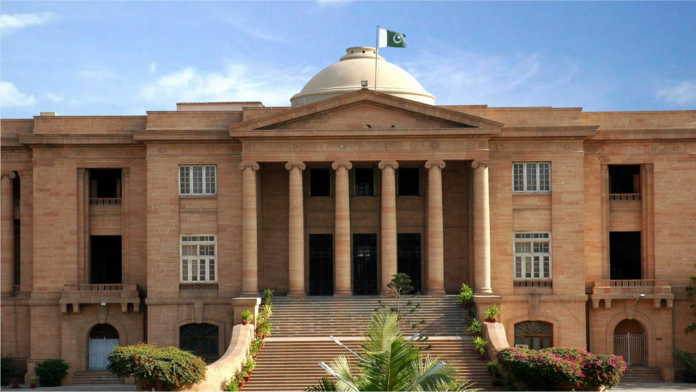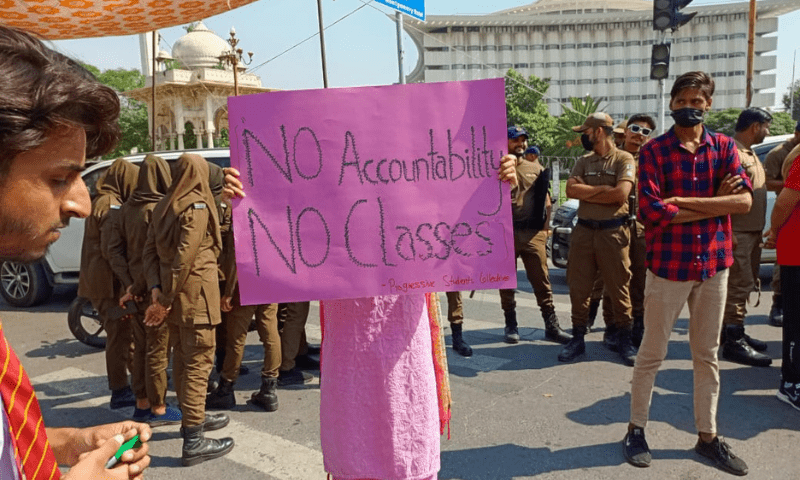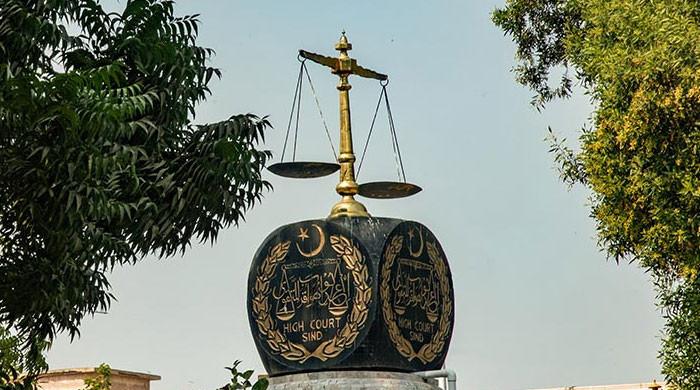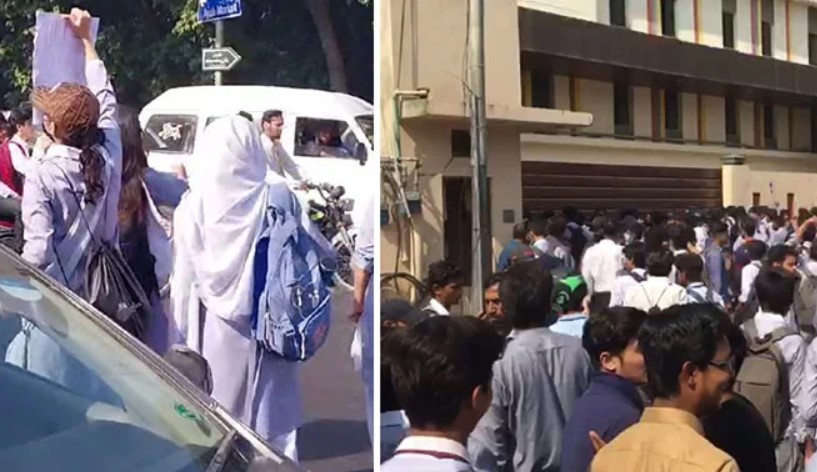LEGAL
Sindh High Court orders NAB officers back to their departments over improper education appointments.

The Sindh High Court has issued a directive to immediately return appointed officers from the National Accountability Bureau (NAB) and other institutions back to their respective departments within the education sector. This decision came during a hearing conducted by a two-member bench, comprising Justice Salahuddin Panhoor and Justice Amjad, focused on a petition regarding the non-supply of textbooks filed by Advocate Ashfaq Panhoor and others.
Court Findings
The court expressed surprise at the appointment of a NAB officer in a foreign-funded project, questioning the rationale behind such a decision. In particular, the court ordered NAB officer Rizwan Soomro to return to his original institution within ten days, highlighting concerns regarding the integrity of appointments within the education sector.
Additionally, the court scrutinized the role of 19th-grade officer Gulzar, who is with the Pakistan Audit and Accounts Service but has been assigned as the Additional Secretary of the Public Service Commission (PSC). The court pointed out the improper nature of these appointments, stating that they violate previous court orders.
Accountability Measures
The Chief Secretary of Sindh has been tasked with ensuring the return of these officers to their respective departments within ten days, reaffirming the court's commitment to uphold the rule of law and accountability in government appointments.
In conjunction with these orders, the court also demanded records related to all contracts under the Japan International Cooperation Agency (JICA) scheme and directed the concerned authorities to submit a report within ten days. This move reflects the court's broader concerns regarding transparency and proper governance in public sector appointments and projects.
Implications
The Sindh High Court's ruling is significant, as it underscores the judiciary's role in overseeing public administration and ensuring that appointments comply with legal and ethical standards. This ruling may also pave the way for further scrutiny of similar appointments across various government sectors, emphasizing the need for accountability in public service.
As the situation develops, the Sindh government will need to address the concerns raised by the court and ensure that all future appointments align with legal requirements and uphold the integrity of public service.




